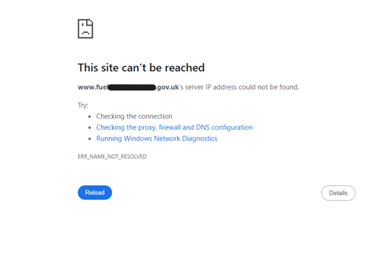The government has announced a long-term extension to the plug-in car grant, backed by a £400m package to treble the number of ultra low emission vehicles (ULEVs) on Britain’s roads.
The grant was due to end in March next year but its lifetime has been extended to the end of March 2018.
Transport minister Andrew Jones said: “The UK is a world leader in the uptake of low emission vehicles and the plug-in car grant has been key to that success. Extending the grant in a sustainable way ensures more than 100,000 people will benefit from financial support when purchasing these cheap-to-run and green cars.
“We are determined to keep Britain at the forefront of the technology, increasing our support for plug-in vehicles to £600m over the next five years to cut emissions, create jobs and support our cutting-edge industries.”
Jim Wright, Nissan GB managing director, said: “Today’s decision by government has reaffirmed their commitment to the uptake of ultra-low emission vehicles. With government support and Nissan’s investment of over £420m into electric vehicles in the UK, our British made Nissan Leaf has increased in popularity with many UK customers already enjoying the benefits of zero emission and low cost driving. This announcement, together with ongoing infrastructure developments, should see the growth and wider deployment of this technology continue.”
From 1 March 2016, two grant rates will be available. Category 1 vehicles with a zero emission range of over 70 miles will benefit from a grant of £4,500. Category 2 and 3 vehicles with a shorter zero emission range – such as plug-in hybrid vehicles with a petrol or diesel engine – will receive £2,500.
The government has also announced it will continue to provide a grant to help ULEV owners have a dedicated charge point installed at their home. From 1 March 2016, the electric vehicle homecharge scheme (EVHS) will offer £500 per installation, which on average will cover around half of the cost of getting a charge point.

































No comments yet